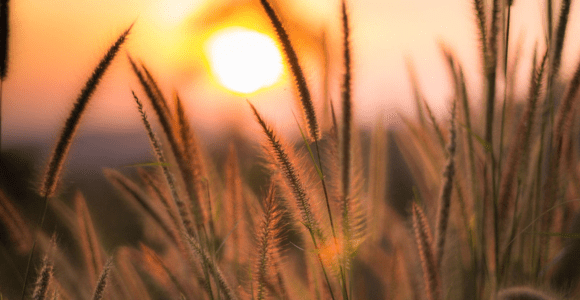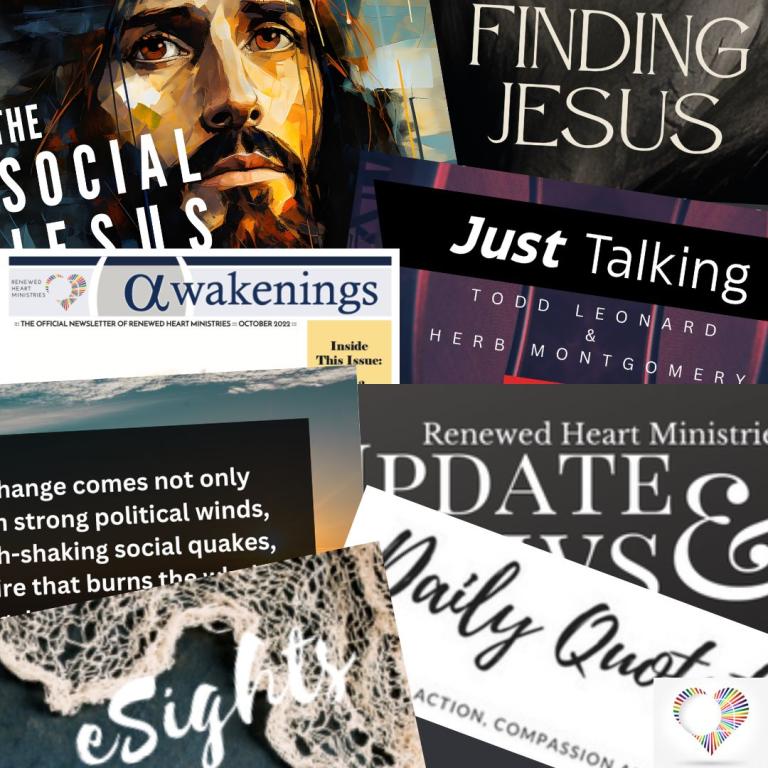
As we continue our consideration of inclusivity and taking care of the vulnerable, the next thing in our reading is Jesus’ words about how we treat “these little ones.” A central theme of Jesus’ synoptic teachings and the tradition of the Hebrew prophets is what Liberation Theologians call a preferential option for the most vulnerable. The “little ones” in Jesus’ community were the most vulnerable among them. Just as simple as making sure those who are thirsty have water, this principle is about how we relate to those most vulnerable to injustice, oppression, and abuse in our communities. Are we creating a society that safeguards the most vulnerable?
Welcome Readers! Please subscribe to Social Jesus Here.
(Read this series from its beginning here.)
This dialogue about the little ones includes a reference to Gehenna. Some translations use the word “hell.” This is a signifiant issue for me. Some Christians have taken these statements and created a post mortem realm of eternally burning torment and torture with no foundation in the teachings of the Jewish Jesus. In the final section of my book Finding Jesus: A Fundamentalist Preacher Discovers the Socio-Political & Economic Teachings of the Gospels, I share how “Gehenna” evolved in the Hebrew scriptures.
In the Hebrew prophetic justice tradition, Gehenna became a reference to destruction and subjugation by Gentile empires in this life, not life after death. And this destruction came because they failed to take care of the vulnerable in their communities and they violated and exploited them.
Here are just a few examples from the Hebrew prophets, warnings not of post mortem events, but of events that would transpire for the nation in this life if they did not correct their course:
“Edom’s streams will be turned into pitch,
her dust into burning sulfur;
her land will become blazing pitch!
It will not be quenched night or day;
its smoke will rise forever.
From generation to generation it will lie desolate;
no one will ever pass through it again.“ (Isaiah 34:9-10)
“But if you do not obey me to keep the Sabbath day holy by not carrying any load as you come through the gates of Jerusalem on the Sabbath day, then I will kindle an unquenchable fire in the gates of Jerusalem that will consume her fortresses.” (Jeremiah 17:27)
“The voice of the LORD will shatter Assyria;
with his rod he will strike them down.
Every stroke the LORD lays on them
with his punishing club
will be to the music of timbrels and harps,
as he fights them in battle with the blows of his arm.
His Topheth [the Valley of Hinnom or Gehenna] has long been prepared;
it has been made ready for the king.
Its fire pit has been made deep and wide,
with an abundance of fire and wood;
the breath of the LORD,
like a stream of burning sulfur,
sets it ablaze.“ (Isaiah 30:31-33)
‘And they will go out and look on the dead bodies of those who rebelled against me; the worms that eat them will not die, the fire that burns them will not be quenched, and they will be loathsome to all mankind.’” (Isaiah 66:22-24)
Both the “unquenchable fire” and the “worm that doesn’t die” symbolized destruction one would not be able to stop. Neither Isaiah nor the gospels use this language to describe something taking place after death. We’ll consider what we need to intentional about in our context today, next.
(Read Part 3)
Are you receiving all of RHM’s free resources each week?
Begin each day being inspired toward love, compassion, justice and action. Free.
Sign up at:
https://renewedheartministries.com/Contact-forms/?form=EmailSignUp














